Nisha Karki
Aug 29, Kathmandu- Teej is an important festival celebrated by Hindu women. This festival is celebrated for 4 days from Bhadra Shukla Duitiya to Panchami. During Teej, Lord Shiva is worshiped along with dancing and entertainment.
Teej, which is celebrated freely and happily by Nepali Hindu women, is also celebrated with joy by Nepali women of other religions and castes. This festival is mainly celebrated all over Nepal but it is also celebrated in some parts of India.
Parvati, daughter of the Himalayas, wife of Lord Shiva, observed the first fast so that there would be no hindrance in Lord Shiva's health and body. On that day, this Haritalika was the day of Teej. From that day till today, Hindu women have been celebrating this festival.
In this festival, relatives (fathers, mothers, brothers) invite their daughters and sisters to their homes and serve them sweet and sweet dishes. Along with this, there is a tradition of eating/staying at the same place to exchange feelings and happiness.
Religious Significance
According to the religious tradition, Parvati, the daughter of the Himalayas, fasted to get Lord Shiva Mahadev, and after her fast was completed, she got Mahadev as her husband. Hindu women have been celebrating Haritalika Teej. It is mentioned in various scriptures that Parvati performed severe penance for 107 births to get Mahadev as her husband, but her penance was completed only in the 108th birth. Following this belief, it is customary for married women to fast for their husbands and unmarried women to find a suitable husband.
Teej is celebrated every year on 'Bhadra Shukla Tritiya' day. It is eaten on the previous night ie; on the second day. Fasting is observed on the day of Teej. On the fourth day, the fasted women take a bath and eat food, while on the third day of Teej, i.e; 'Rishi Panchami', fasting women brush their teeth with 365 'Dativans', apply mud and bathe. It is said that 365 'Dativan' stalks bitten on Panchami will get rid of all the physical, verbal and mental mistakes done unknowingly throughout the year. There is a tradition that this day is directly connected with women's menstruation. Young women participate in 'Panchami Puja' only after their first menstruation, while married adults and women believe that even if they accidentally touch objects or deities that should not be touched during menstruation, after biting Dativan, all sins will be washed away.
On the day of Panchami, along with 'Arundhati', 'Kashyap', 'Atri', 'Bharadwaja', 'Bishwamitra', 'Gautama', 'Jamadagni' and 'Bashishtha Rishi' are worshipped, and only unploughed rice and vegetables such as crabs grown in a row or single grain are consumed.
The festival of Teej also strengthens mutual relations. There is a tradition of fathers or brothers going from her ‘Maiti’ to meet their daughters and returning with Maiti as much as possible, which strengthens the mutual relationship between Maiti and In-laws. By bringing together sisters who are far away after getting married, this festival also gives them an opportunity to talk about joys and sorrows.
Modernity in Teej festival
Teej festival has been modernized. But in the name of modernization, Teej is becoming flamboyant and rude. Dancing and eating programs are conducted in different areas by forming a group a month before the festival. Some people also organize Teej competitions. It has not only killed the special meaning and importance of Teej, it has also made Teej, which has traditions and culture, become unwanted boisterous. But it is a good thing to introduce Teej culture to women of other castes or communities.
We should refine Teej in such a way that traditional beliefs and methods do not die. Modern women who have grown up in an educated and civilized society should break the superstitions and take initiative to make Teej festive and ritualistic. Teej should not be made flamboyant and rude in the name of modernization. Women who consider themselves to be modern and urbane gather in hotels and organize parties and indulge themselves in alcohol. This is the smelliest part that has been entered in the name of Teej. The custom of wearing jewelry not only for honor and civilization and to look beautiful but also for the appearance and competition of others has also entered. It also increases the financial burden. Such behavior also overshadows the original culture. It is necessary to remove the distortions to revive the cultural importance of this festival.
No matter how modern a person is, he cannot leave the traditions and culture he was born with. The festival of Teej, which is celebrated by the Hindu community in Nepal, is now being celebrated by other castes as well. As Teej is also considered as a women's festival, girls also enjoy it. Retiring from work for some time, gathering of family, friends, walking, dancing is becoming another feature of this festival.
Significance of Teej Dresses
The ornaments and clothes used in Teej also have their own importance. The red saree worn by women on the day of ‘Teej’ is considered a symbol of happiness, prosperity and courage. There is a religious belief that red color provides a kind of power to women. ‘Pote’ brings peace and happiness while ‘Red Tika’ is a symbol of good fortune.
But in recent years, women have been making it a bit more expensive. We should wear makeup and dress according to our style on Teej, so that jewelry does not become a cause of accidents. Makeup and jewelry should be modest. Teej should be complete with rituals and culture.
The dignity of fasting
While fasting, we should also take care of our health. When you are hungry, the amount of vitamins and proteins in the body decreases. Hypoglycemia can occur due to low blood glucose in the body while fasting, dancing and walking without water or hunger. While fasting, one must drink more than two liters of water. Teej should be celebrated by all women in a joyful atmosphere with special discipline, but it is equally important to maintain social dignity.
Therefore, it depends on the thoughts, wishes and health of the fasting person to choose vegetarian or non-vegetarian diet keeping in mind his health. Forced fasting should not be done in the name of religion. Forced fasting is counterproductive in itself.
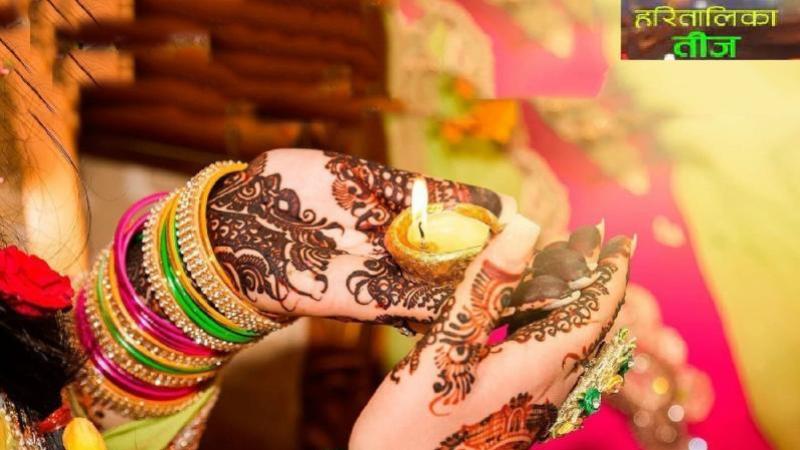



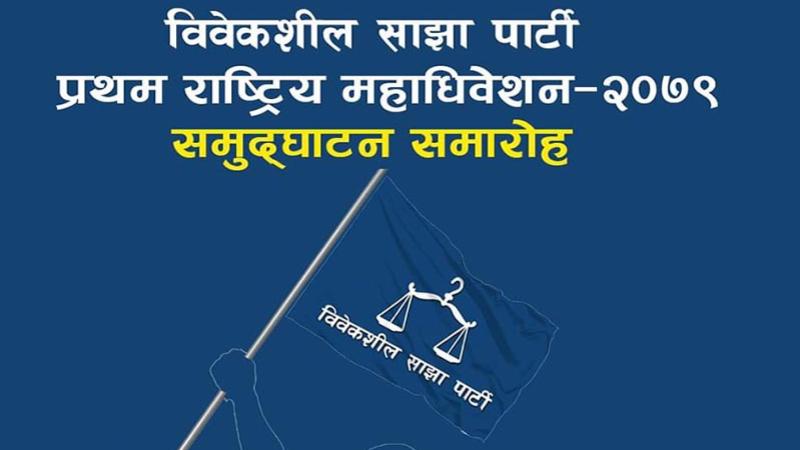



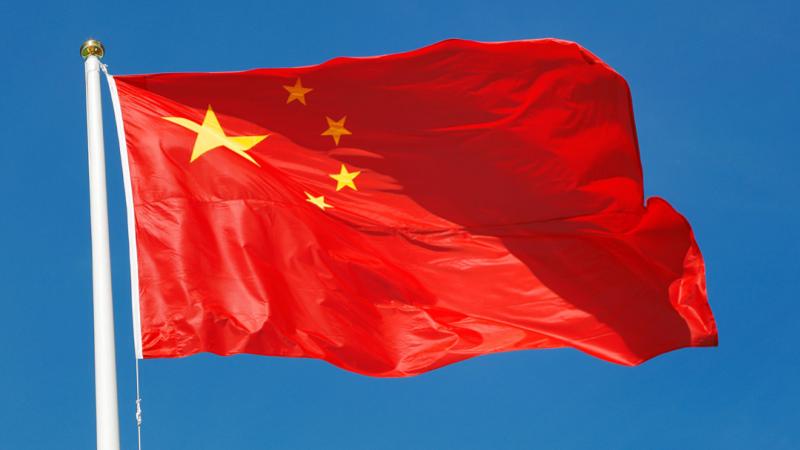
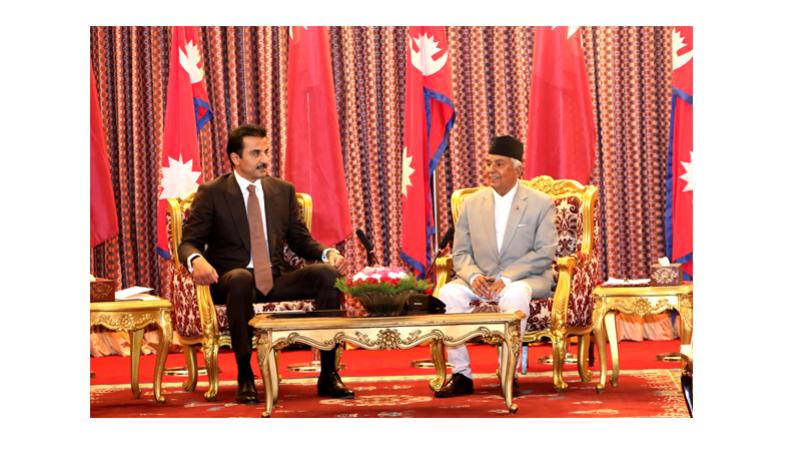

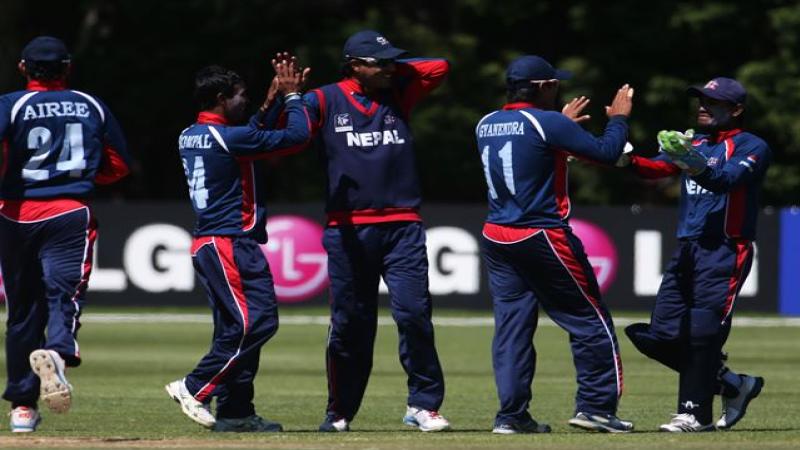






 Indian Rupee
Indian Rupee U.S. Dollar
U.S. Dollar European Euro
European Euro UK Pound Sterling
UK Pound Sterling Swiss Franc
Swiss Franc Australian Dollar
Australian Dollar Canadian Dollar
Canadian Dollar Singapore Dollar
Singapore Dollar Japanese Yen
Japanese Yen Chinese Yuan
Chinese Yuan Saudi Arabian Riyal
Saudi Arabian Riyal Qatari Riyal
Qatari Riyal Thai Baht
Thai Baht UAE Dirham
UAE Dirham Malaysian Ringgit
Malaysian Ringgit South Korean Won
South Korean Won Swedish Kroner
Swedish Kroner Danish Kroner
Danish Kroner Hong Kong Dollar
Hong Kong Dollar Kuwaity Dinar
Kuwaity Dinar Bahrain Dinar
Bahrain Dinar